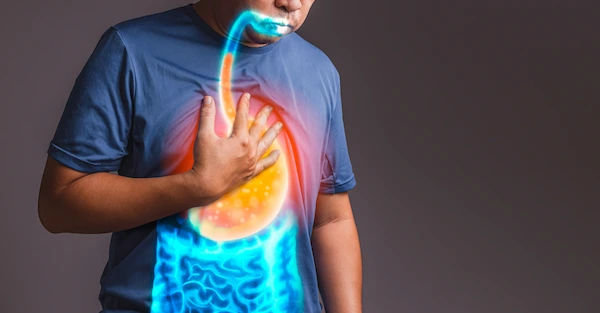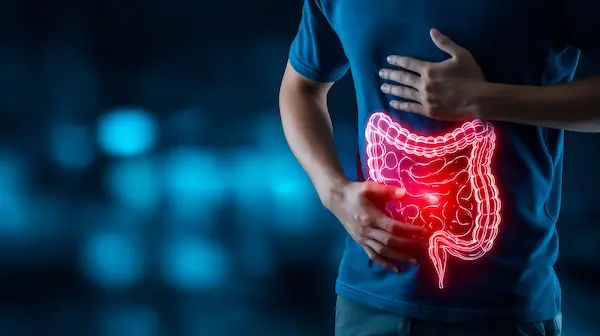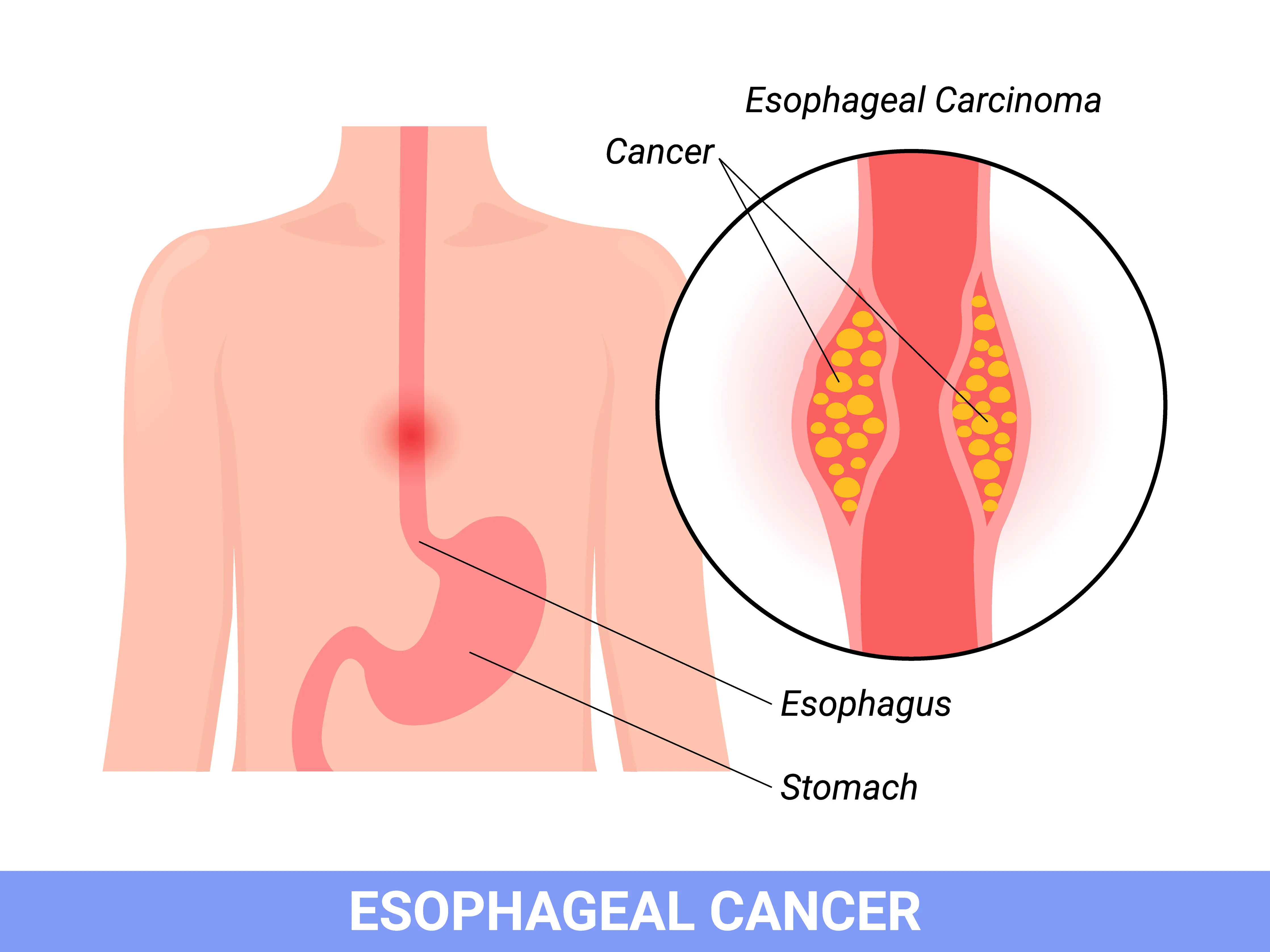- male
- 60 Years
- 29/01/2025
My dad's been dealing with this really painful crunch feeling in his stomach that sometimes moves to his back and ribs. He's tried seeing a lot of doctors, but nothing seems to help much. At first, he was on mabicon, rifagut, rablet, and pregeb M 75, but now he's taking drotin and nexpro 20. Sadly, none of this seems to be working, and the doctors are now suggesting an endoscopy. I'm really worried and was wondering if we should go ahead with the endoscopy or try something else. Are these medicines he's taking okay? Would love to hear your thoughts.
Answered by 1 Apollo Doctors
Optimal Timing for B12 Injections_
The best time to take a B12 injection is in the morning, as it can help increase energy levels throughout the day. Additionally, taking it in the morning may help minimize any potential sleep disturbances.
Potential Side Effects
B12 injections are generally considered safe, but some people may experience:
- Pain, redness, or swelling at the injection site
- Fatigue
- Headache
- Dizziness
- Nausea
- Diarrhea
These side effects are usually mild and temporary.
Interactions with Other Medications
B12 injections are unlikely to interact with your diabetes medications, Tab Zitten (20mg) and Razel (5mg). However, it's essential to inform your doctor about all medications you're taking to ensure safe treatment.
Specific Considerations
- Monitor your blood sugar levels closely, as B12 injections may affect glucose metabolism.
- Inform your doctor if you experience any changes in your blood sugar levels or any other concerns.
Dr. Anshul Suggests...
Consult a Gastroenterology/gi Medicine Specialist
Answered 04/07/2025
0
0

More Gastroenterology/GI medicine Health Queries
View allI'm supposed to have an endoscopy tomorrow because I've been dealing with a really bad sore throat and some keratosis happening there. But today I took cetirizine and paracetamol. Can I still go through with the endoscopy, or could this be an issue?
Thats unusual,visit General Physician for appropriate approach.and maintain balanced diet and healthy lifestyle
Answered by 1 Apollo Doctors
I've been dealing with stomach worms for about 6 years now. I've seen lots of doctors and tried different medications, but nothing seems to work because the issue is still there. I also have this persistent itching around my anus, and it's affecting my health. I'm feeling really physically weak because of it. What could be causing this recurring problem, and what else can I do to finally get rid of it?
You can obtain an online prescription for your grandmother in India through: 1. Telemedicine platforms: Consult a doctor via video or phone call on platforms like Practo, Lybrate, or 1mg. 2. Online doctor consultation websites: Sites like DocsApp, Mfine, or HealthAssure offer virtual consultations. 3. Hospital or clinic websites: Some hospitals and clinics provide online consultation services. Before the consultation: 1. Gather your grandmother's medical history and previous prescriptions. 2. Prepare a list of her current medications and allergies. During the consultation: 1. Share the medical history and previous prescriptions with the doctor. 2. Discuss your grandmother's current symptoms and concerns. After the consultation: 1. The doctor will provide an online prescription, which you can download or print. 2. Use the prescription to purchase medication from a local pharmacy or online pharmacy.
Answered by 1 Apollo Doctors
I'm taking Pantocid DSR every morning on an empty stomach, but my chest starts burning whenever I eat something. Sometimes I even get severe pain in my chest and back because of gas, and I feel like I might vomit. Eno helps a bit, but it's not a long-term fix. What do you recommend I do?
You can start by making some diet changes like 1. Avoid oily and spicy foods. 2. Avoid foods that are known to cause the problem to you. 3. Instead of having 3 huge meals a day, have 5 smaller meals. 4. Drink one glass of water every hour or so even if you aren't thirsty. 5. Let there be at least 2 hours gap between dinner and sleep. 6. Walking for about 20 minutes everyday.
Answered by 1 Apollo Doctors
Disclaimer: Answers on Apollo 247 are not intended to replace your doctor advice. Always seek help of a professional doctor in case of an medical emergency or ailment.





